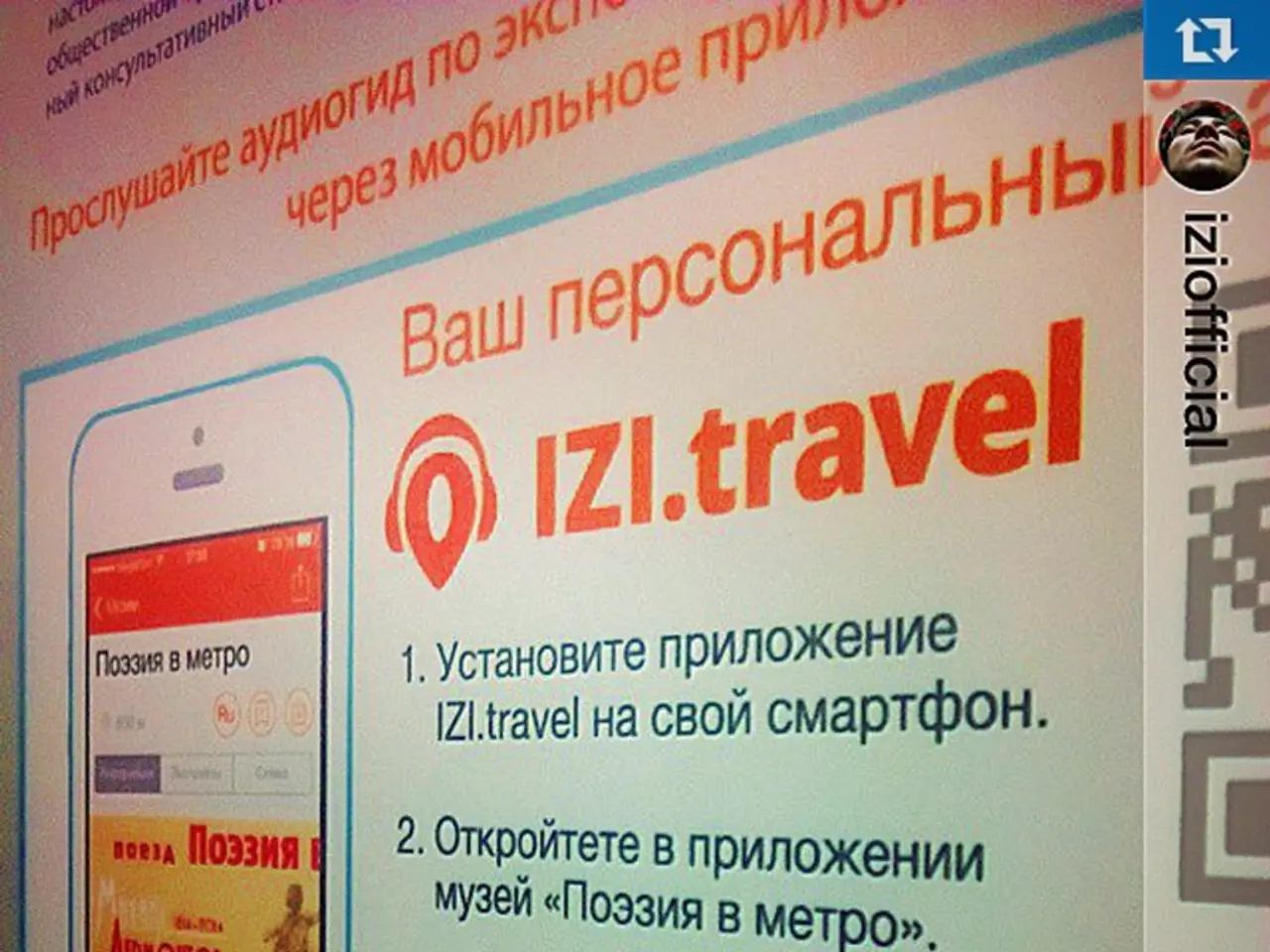Advertisement purchase intermediaries face the removal of a crucial asset as Prebid disables its bidding tracking mechanism
On August 27, 2025, Prebid.org, a leading open-source technology provider for programmatic advertising, made a significant change that has since caused a stir in the industry. The breaking change affected programmatic advertising auctions globally, impacting advertiser spend optimization and supply chain transparency.
The modification particularly affected publishers using Prebid Server integration, where implementation options remain limited. Prebid.org disabled the cross-exchange functionality of transaction IDs, eliminating advertisers' ability to identify duplicate auction opportunities across different supply-side platforms. This change fundamentally alters how the system works, as each platform now generates different transaction IDs instead of providing consistent identifiers across all supply-side platforms for the same auction.
The IAB Technology Laboratory, an industry organisation that sets technical standards for digital advertising, declared that Prebid's changes violated OpenRTB specifications, which require transaction IDs to remain consistent across bidders. The elimination of cross-exchange transaction ID functionality prevents advertisers from detecting duplicate bid requests for the same advertising opportunities across multiple supply-side platforms.
The controversy reflects fundamental questions about programmatic advertising's future structure and transparency requirements. Michael Sullivan from The Trade Desk, a demand-side platform, argued that transaction IDs served broader market health beyond individual advertiser benefits. Their removal affects advertisers' ability to optimize their bidding strategies and can lead to performance degradation.
Some publishers, such as The New York Times, The Guardian, and Forbes, decided to continue supporting Transaction IDs despite the change. However, the incident raises questions about governance processes in open-source advertising technology development. The modification arrived without industry consultation, catching stakeholders off-guard.
The duplication of bids creates multiple problems for advertisers, including increasing the volume of bid requests that demand-side platforms must process and potentially leading to artificially inflated auction participation. Transaction IDs enabled demand-side platforms to detect request duplication and ID bridging, where supply-side platforms modify user identifiers.
The controversy also reflects ongoing tensions between technical standardization and commercial interests in the programmatic supply chain. Brian O'Kelley, a prominent figure in the industry, predicted the development could accelerate direct supply relationships between demand-side platforms and publishers, potentially bypassing traditional programmatic intermediaries.
The standards clash demonstrates ongoing tensions between technical standardization and commercial interests in the programmatic supply chain. The incident raises questions about governance processes in open-source advertising technology development. As the industry navigates these challenges, it remains to be seen how the programmatic advertising landscape will evolve in response to this significant change.
Read also:
- Peptide YY (PYY): Exploring its Role in Appetite Suppression, Intestinal Health, and Cognitive Links
- Toddler Health: Rotavirus Signs, Origins, and Potential Complications
- Digestive issues and heart discomfort: Root causes and associated health conditions
- House Infernos: Deadly Hazards Surpassing the Flames








